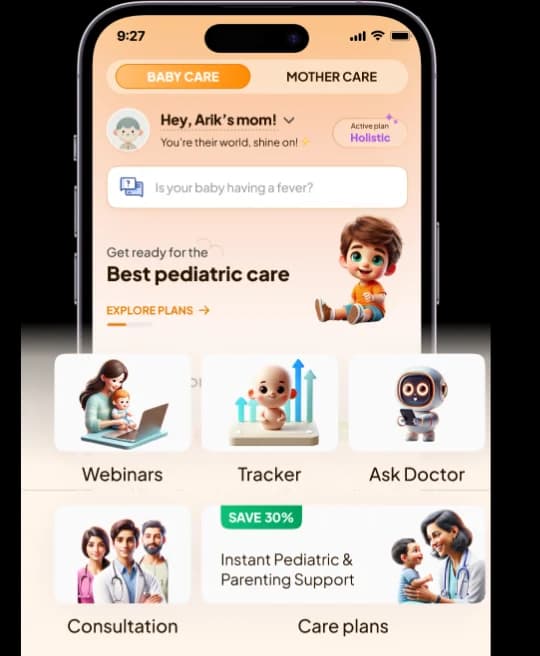
Low Body Temperature In A Baby: Causes, Symptoms, And What To Do
Low body temperature in a healthy newborn is usually not a problem, but extremely low temperatures can be a serious health concern. Babies have a harder time controlling their body temperature, so it's important to identify the cause of low temperature as soon as possible.
What Low Temperature Indicates?
A low temperature in a healthy newborn may not indicate a problem, but extremely low temperatures may be a concern. Babies and newborns have a harder time controlling their body temperature, making it important to identify the source of low temperature as soon as possible.
Temperatures That Are Ideal For Babies
The following are examples of normal temperature readings-
- 97.9 to 100.4°F in the rectal area
- 95.9 to 99.5°F in the mouth
- 97.8°F to 99.5°F in the armpit
- 96.4°F to 100.4°F in the ear
The World Health Organization (WHO) recommends taking a baby's temperature every hour if he or she is extremely ill. Taking a baby's temperature two to four times a day can assist in recognizing abnormal temperature changes.
What are the risk factors of Baby's Low Temperature?
There are several risk factors that can increase the likelihood of a baby having a low body temperature, including:
- Prematurity increases the risk of hypothermia in babies due to their underdeveloped bodies.
- Low birth weight (less than 5.5 pounds) makes it harder for babies to regulate their body temperature.
- Inadequate clothing or blankets can lead to hypothermia in babies.
- Exposure to a cold environment increases the risk of hypothermia in babies.
- Illnesses or infections like sepsis or can cause a drop in a baby's body temperature.

